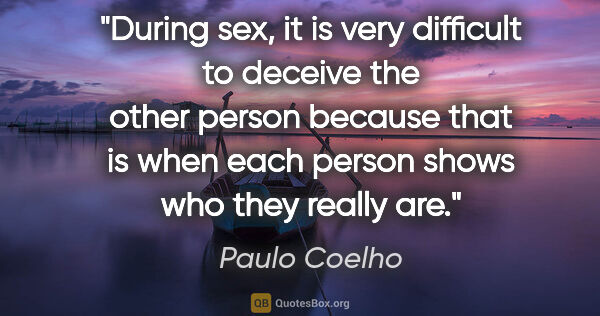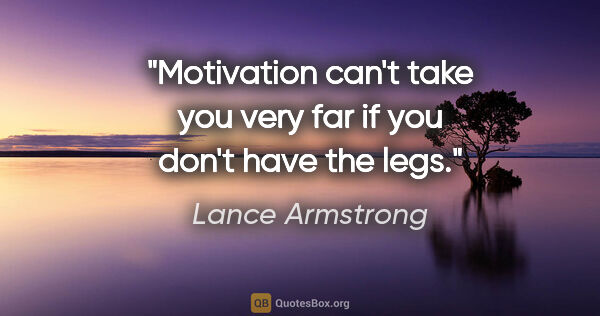Very Quotes (page 182)

One's own free unfettered choice, one's own caprice, however wild it may be, one's own fancy worked up at times to frenzy -- is that very "most advantageous advantage" which we have overlooked, which comes under no classification and against which all systems and theories are continually being shattered to atoms. And how do these wiseacres know that man wants a normal, a virtuous choice? What has made them conceive that man must want a rationally advantageous choice? What man wants is simply...
Fyodor Dostoevsky
He didn’t know if that was really true or not, but he discovered something which was tremendously liberating: he didn’t care. He was very tired of thinking and thinking and still not knowing. He was also tired of being frightened, like a man who has entered a cave on a lark and now begins to suspect he is lost. Stop thinking about it, then. That’s the solution.
Stephen King
A man seeks his own destiny and no other, said the judge. Wil or nill. Any man who could discover his own fate and elect therefore some opposite course could only come at last to that selfsame reckoning at the same appointed time, for each man's destiny is as large as the world he inhabits and contains within it all opposites as well. The desert upon which so many have been broken is vast and calls for largeness of heart but it is also ultimately empty. It is hard, it is barren. Its very...
Cormac McCarthy
[Re: Rom 10:2] It is commonly said: “The intention is good, and the purpose is true, but the means are misused.” The goal which they seek is correct; but the way is wrong by which they endeavor to reach the goal. They want to go east and instead they are going west. The arrogant zeal of good intentions does the same today. The Apostle expresses himself very mildly when he says “not according to knowledge.” He wishes this to be understood in the sense that they set about with blind zeal,...
Martin Luther

Perhaps the Ci-ty dreamed of an-other, en-emy city, float-ing across the sea to invade the es-tuary . . . or of waves of darkness . . . waves of fire . . . Perhaps of being swallowed again, by the immense, the si-lent Mother Con-tinent? It's none of my business, city dreams. . . . But what if the Ci-ty were a growing neo-plasm, across the centuries, always chang-ing to meet exactly the chang-ing shape of its very worst, se-cret fears?
Thomas Pynchon

